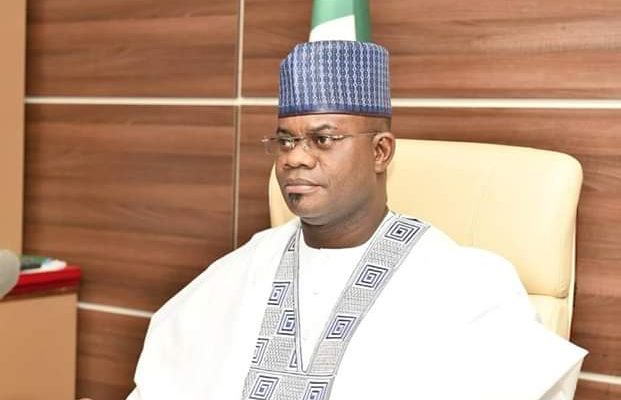By Lukman Olabiyi
The Court of Appeal in Lagos has reinstated the interim forfeiture order granted to the Economic and Financial Crimes Commission (EFCC) over 14 properties allegedly linked to former Kogi State Governor, Yahaya Bello, reversing an earlier decision by the Federal High Court that struck out the case.
In a unanimous judgment delivered yesterday, Justice Yargata Nimpar, along with Justices Danlami Senchi and Paul Bassi, allowed the EFCC’s appeal and faulted the lower court for misapplying constitutional immunity provisions.
The appellate court ruled that the Federal High Court erred when it invoked Section 308 of the 1999 Constitution which grants immunity to sitting governors to strike out the interim forfeiture proceedings.
The court held that the immunity does not extend to properties suspected to be proceeds of crime and said the proper course would have been to determine whether the assets should be permanently forfeited.
Justice Nimpar ordered the restoration of the preservation order and directed the EFCC to proceed with the final forfeiture hearing.
The EFCC had initially secured the interim forfeiture order through an ex parte application before Justice Nicholas Oweibo of the Federal High Court, Lagos.
The properties in question located in Lagos, Abuja, and Dubai, are suspected to have been acquired through unlawful means.
The order also included a directive for the EFCC to publish notices in two national newspapers, calling on interested parties to justify why the properties should not be permanently forfeited to the Federal Government.
Following the publication, Yahaya Bello filed a challenge to the order, asserting that the properties were legally acquired before his tenure as governor. His legal team argued that the EFCC’s action contravened Section 308 of the Constitution, which grants sitting governors immunity.
The court held that the Proceeds of Crime (Recovery and Management) Act, 2022, could not be applied retroactively.
The Kogi State High Court had previously restrained the EFCC from probing state finances.
The Federal High Court in Lagos lacked jurisdiction, given that the properties were located outside Lagos and Bello resided in Lokoja.
In opposition, EFCC counsel Rotimi Oyedepo (SAN), alongside Bilkisu Buhari-Bala and Hanatu Kofanaisa, maintained that no valid court order barred the agency from exercising its constitutional mandate.
Oyedepo argued that the properties including a luxury apartment in Dubai’s iconic Burj Khalifa , were strongly suspected to be proceeds of unlawful activities.
He also sought the forfeiture of an additional N400 million linked to the same investigation.
However, the trial court sided with Bello, holding that the case could not proceed due to the immunity provision and struck out the matter for lack of jurisdiction.
The EFCC subsequently appealed the ruling, leading to yesterday’s decision by the Court of Appeal.
In its judgment, the appellate court dismissed Bello’s preliminary objections and reaffirmed the EFCC’s right to investigate and preserve assets linked to financial crimes, even if the subject is a sitting governor.


